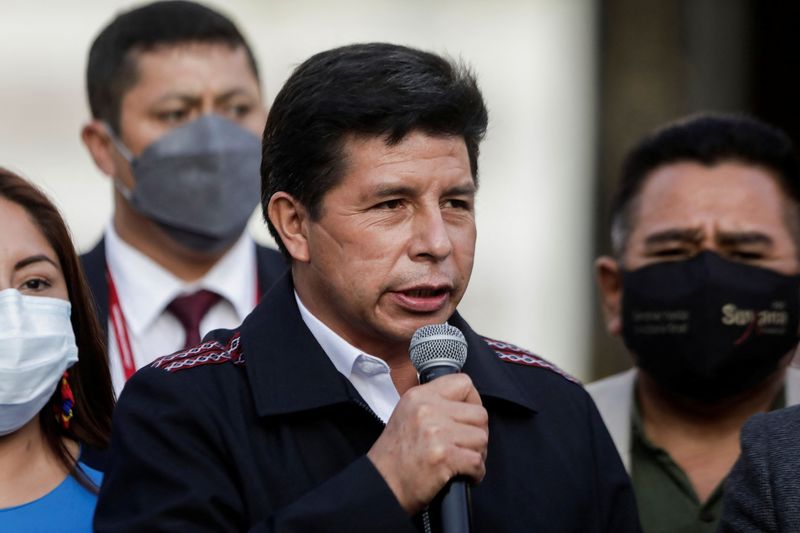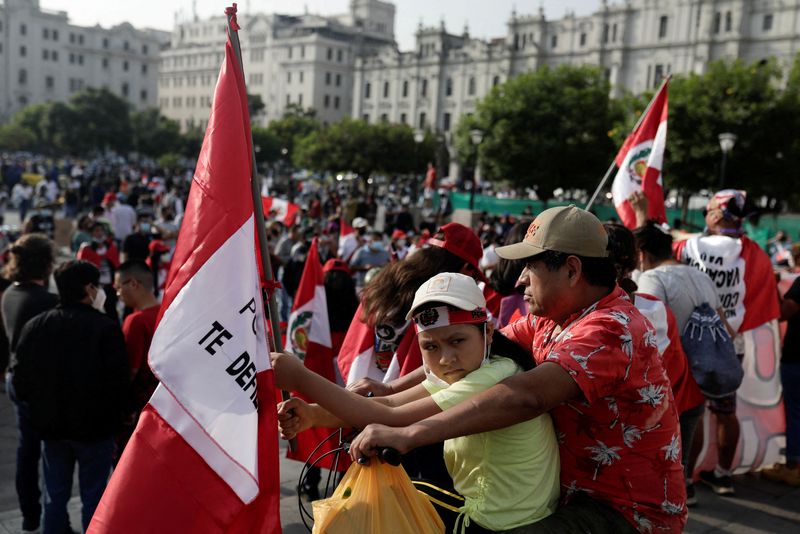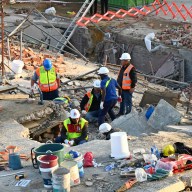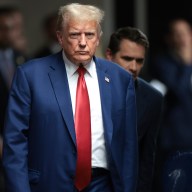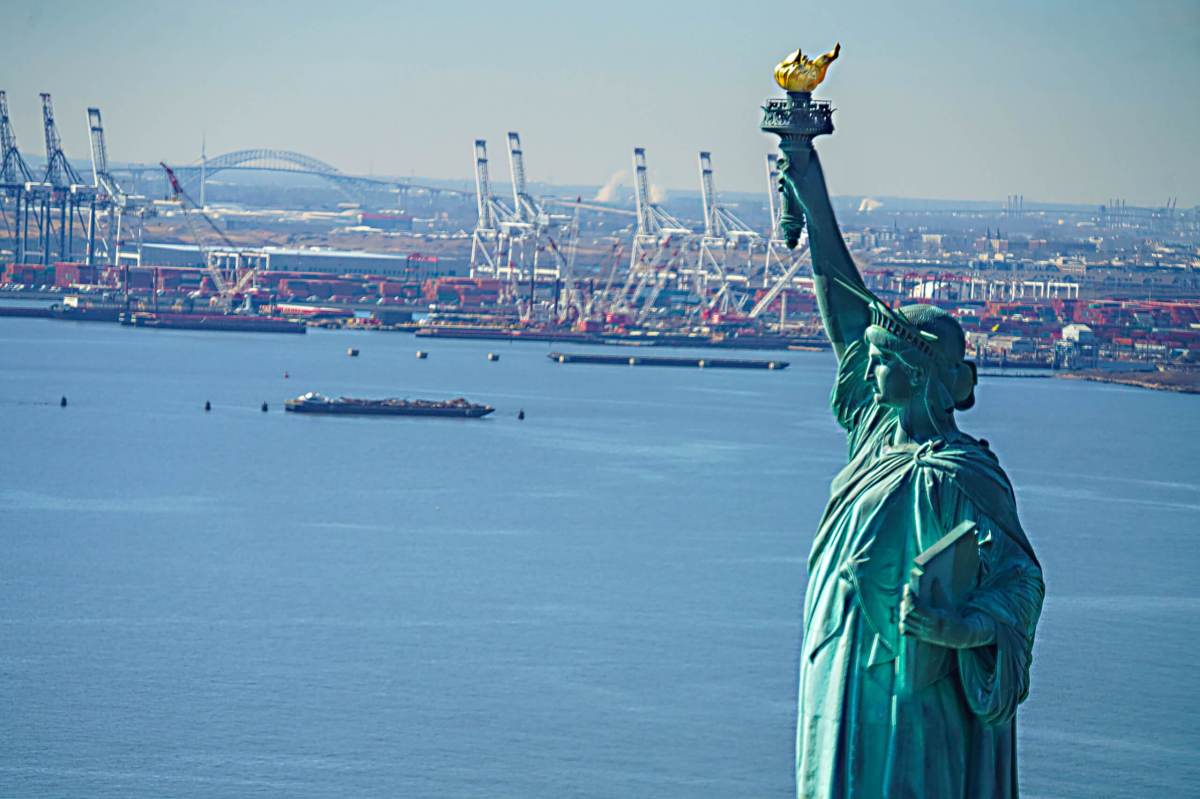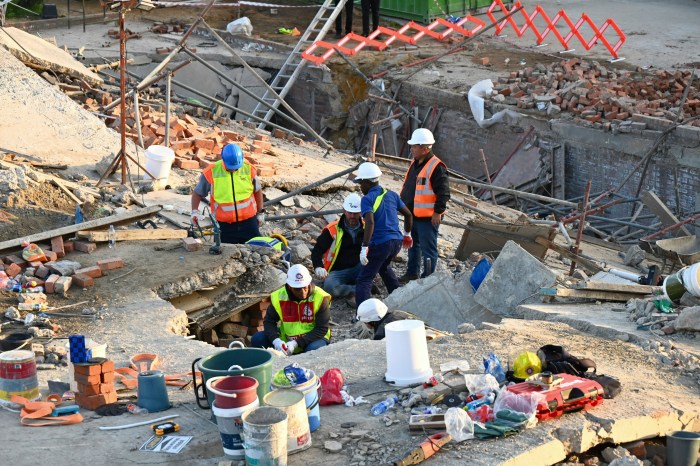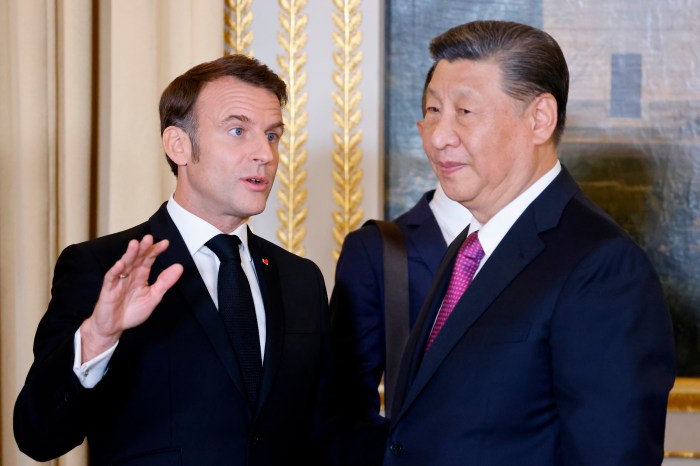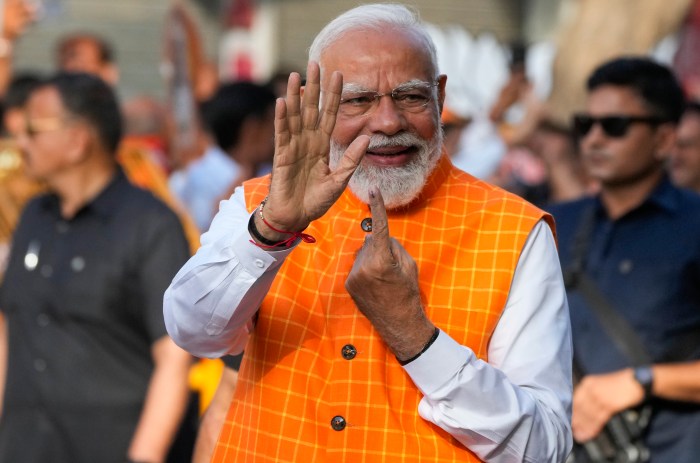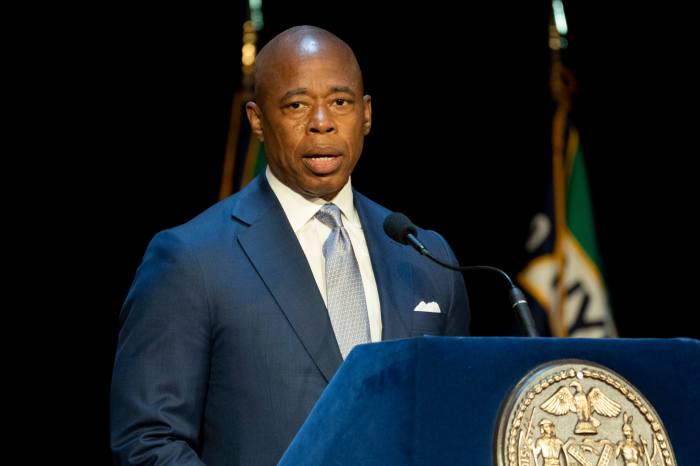LIMA (Reuters) – Peruvian President Pedro Castillo said on Friday that he will seek to ask citizens in October whether they want to rewrite the country’s market-friendly constitution, renewing a campaign promise that he had all but abandoned in office.
“We will present a bill to Congress … so that the people are consulted whether they want a new constitution,” Castillo said in remarks from the city of Cuzco, where he traveled to quell protests against rising prices.
The move by Castillo, a member of a Marxist-Leninist party, requires Congressional support and is unlikely to be approved in the opposition-controlled legislature. It marks a renewed push on a campaign promise that seemed to have been forgotten.
If successful, Peruvians will answer in October whether they want to elect a constituent assembly to rewrite the constitution, at the same time as they vote for new regional governors.
Castillo won the presidency last year amid pledges to rewrite the constitution and re-distribute mining profits.
His left-wing platform spooked investors and sent Peru’s sol currency to record lows, which bounced back when Castillo took a more moderate tone after taking office and eschewed his proposal to redraft the constitution.
Thousands have taken to the streets in Peru in recent weeks to protest high inflation, made worse by the Russian invasion of Ukraine. Many of the protesters have been demanding that Castillo rewrite the constitution in order to crack down on price hikes.
Peru’s market-friendly constitution was passed in 1993 under President Alberto Fujimori. The constitution remains controversial because it was passed after Fujimori sent the military to shut down Congress and the judiciary, but has been hailed for ushering a new era of private investment that sharply reduced the country’s poverty rate.
(Reporting by Marcelo Rochabrun; Editing by Sandra Maler)

